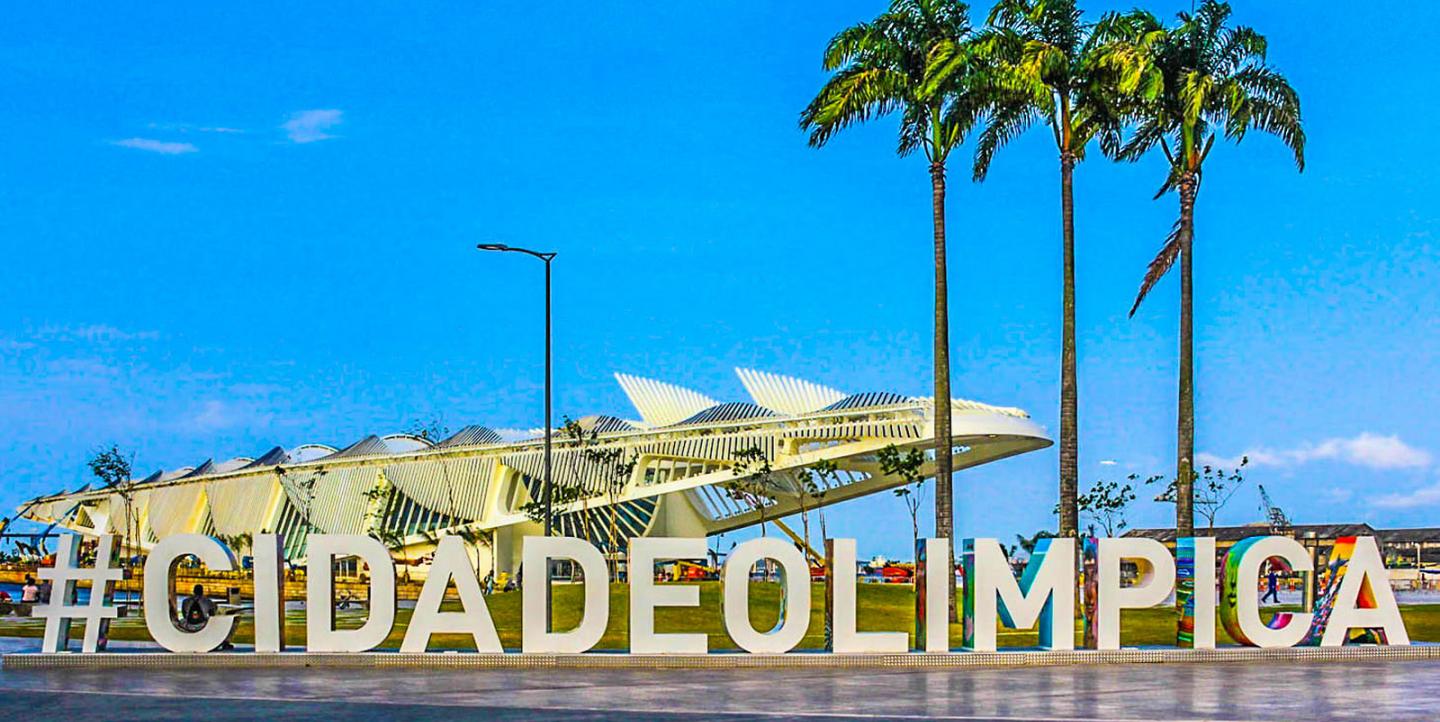Updated at 3:26 p.m. on Aug. 9, 2016
On Friday, the world’s attention will turn to Rio de Janeiro for the 2016 Olympic and Paralympic Games — along with some 30,000 journalists set to descend on the city.
The lead-up to the Games hasn’t been without its controversies. The Zika virus, Brazil’s preparedness, water safety for athletes, archaeological disputes and human rights concerns have all cast a pall over the event. That means there’s no shortage of stories for journalists to pursue outside the athletic events — but at the same time, this year’s Games offer up a series of unique journalistic challenges.
So what should journalists know and understand before heading to this year’s Games? Check out these tips and takeaways:
Safety
Journalists heading to Rio face two main health and safety threats: Zika and crime. Because it’s currently the dry season in Brazil, the risks of contracting Zika are much lower. The Centers for Disease Control and Prevention has released a guide to Olympic travel that contains useful tips.
And fortunately, while the crime rate in Rio de Janeiro state increased compared to last year, visitors are “statistically very likely to be safe,” according to local security specialists.
To make sure you’re prepared for any potential safety threats, IJNet’s Journalism Safety Toolkit can be a helpful starting point. This video from the International News Safety Institute (INSI) goes more in-depth with the risks that journalists in Rio may face:
Finding underreported topics
As stated before, there are plenty of topics for journalists to examine in Rio outside of the actual Olympics themselves. Outside of reporting on sporting events, journalists will also have the opportunity to report on issues that affect the average Rio resident rather than tourists or athletes. Narratives surrounding the city’s water quality, for example, tend to focus on health risks to Olympic athletes rather than the impact it has had on locals’ livelihood.
“There are incredibly important considerations around finance and sporting events,” said journalism professor Laura-Jane Filotrani in an interview about how reporters could cover the Olympics with London South Bank University. “Where is the funding for the Games coming from? What are the implications? What are the benefits or losses post-Games, for the host city and its residents?”
Nor should journalists feel compelled to paint the Games as a resounding success for Brazil, following conventional narratives. The Olympic Games are notorious for placing immense economic and social strain on their host cities, and recession-hit Rio de Janeiro is arguably especially vulnerable. This creates a wealth of stories that will need to be told long after the closing ceremony on August 21.
“If there’s one mistake that international media should avoid, it is letting the big sporting event overshadow critical narratives, and then abandoning them completely once the circus leaves town,” Cerianne Robertson, research coordinator and writer at Catalytic Communities (CatComm), wrote in Politico.
Avoiding cliché
While Rio de Janeiro is a distinctive city, it’s important for journalists to avoid falling into traps of cliché, inaccuracy and sensationalism, Robertson explained. For example: Rio is not, as some articles have suggested, the capital of Brazil; Brasilia is.
Calling Rio’s favelas — or low-income and working-class communities — slums, shanty towns or ghettos, is a damaging habit foreign journalists have adopted. Sensationalist language referring to favelas as Rio’s “infamous,” “notorious” “underbelly” that contrasts with the city’s beaches and caipirinhas should also be avoided.
“The stigma favela residents face affects their confidence, self-esteem and life opportunities,” CatComm wrote. “This stigma is reinforced every time a reporter revisits the media stereotype of favelas as slums and dark places of precariousness and crime and has serious consequences. Rio’s communities should be recognized for what they are, and named accordingly. As such, we should call them favelas.”
RioOnWatch’s Olympics Resources for Journalists offers helpful tip sheets, guidelines and other resources for reporting on Rio de Janeiro’s favelas.
Other resources
For more general pointers on style and terminology regarding the Summer Olympics, consult the AP’s topical guide. Additionally, the International Olympic Committee has introduced a reporting tool that allows journalists to report press freedom violations while covering the Olympics, available in English and French.
Main image CC-licensed by Flickr via Brian Godfrey.

